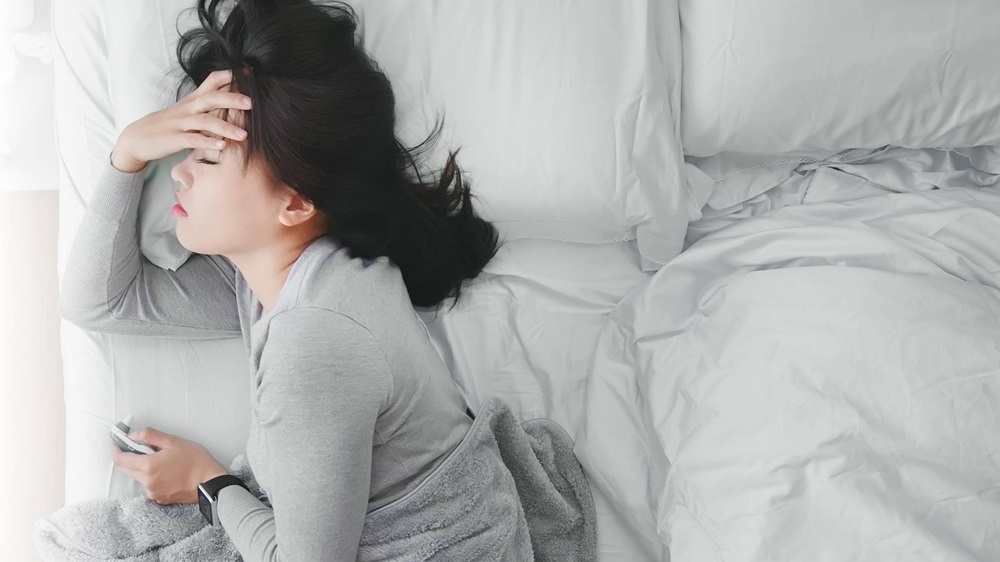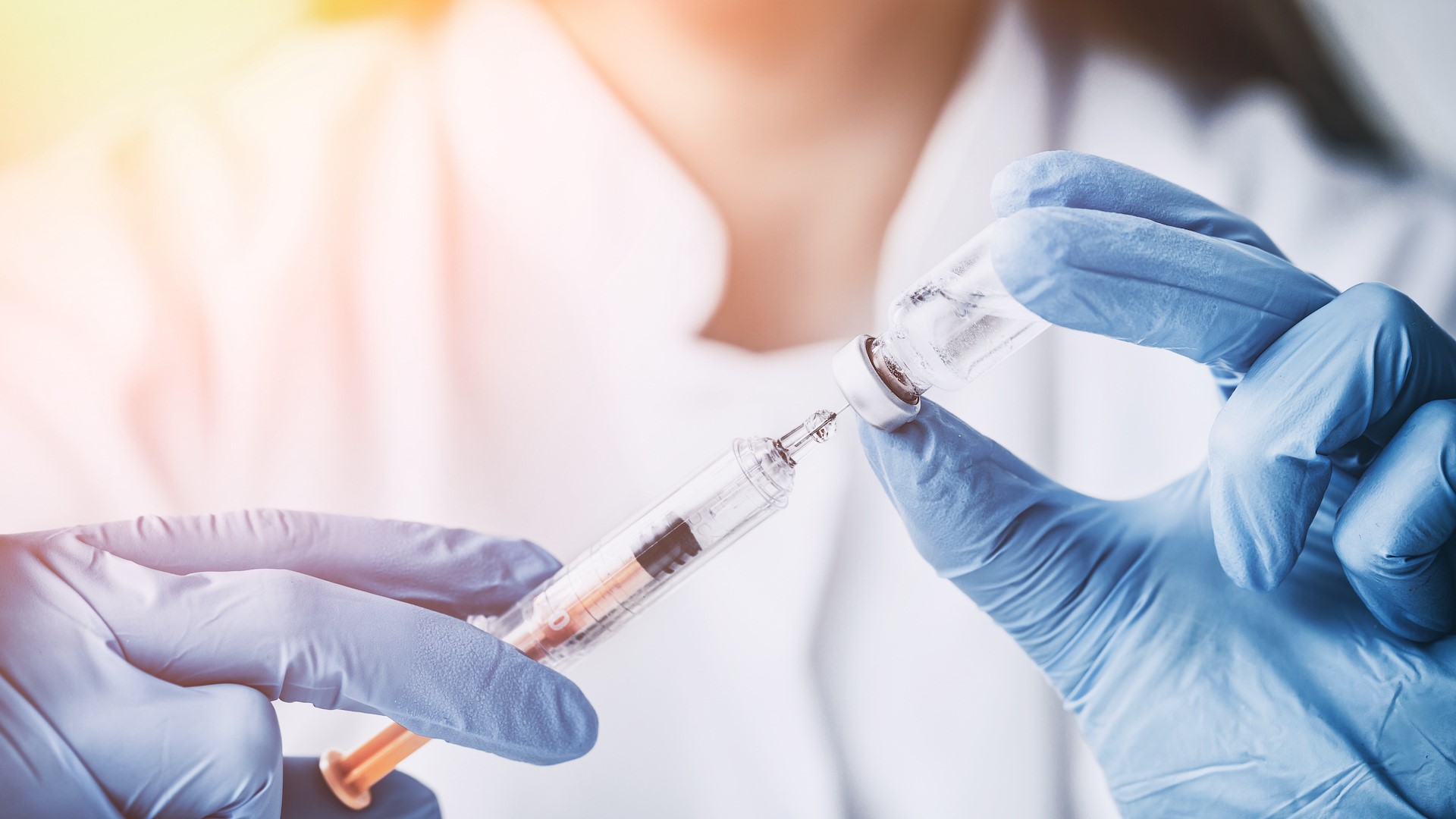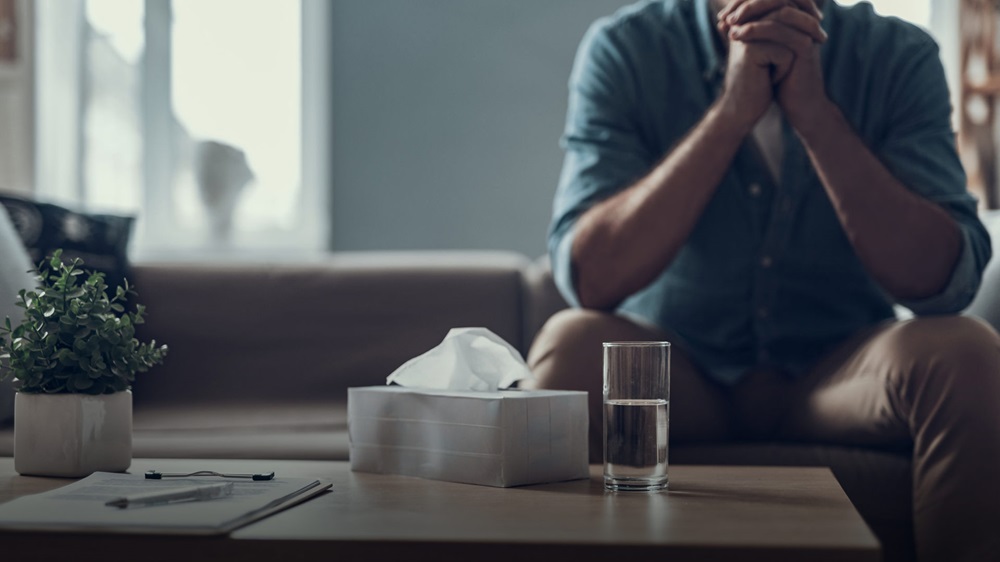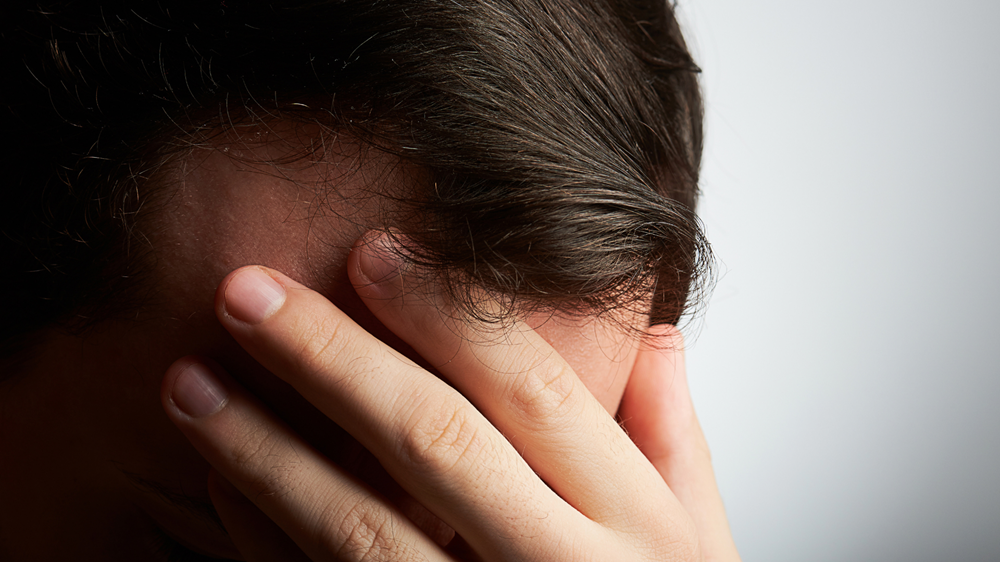
When she first got a fever in August this year, 26-year-old Lim Huishan thought she had contracted COVID-19.
“I never suspected I had dengue until I went to the doctor, and he pointed out the mosquito bites on my arm,” she recalls. She had been bitten when she was at home, in bed, ready to sleep. “My guess was that the mosquito came in during the evening when the windows were open.”
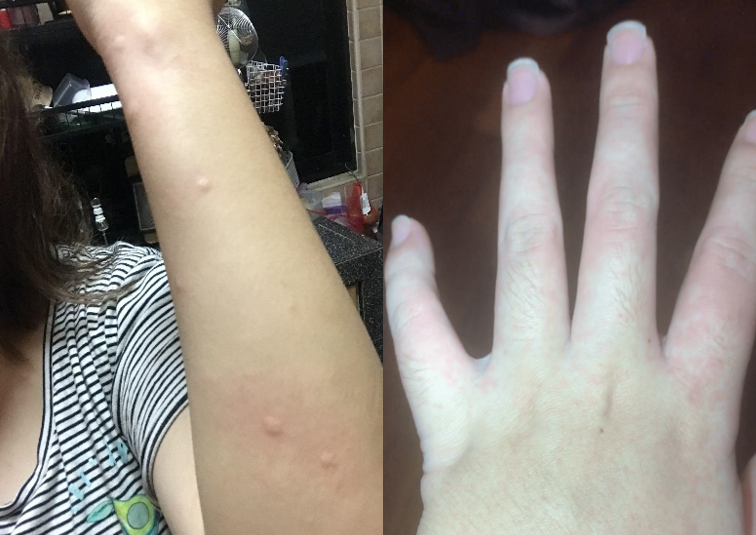
The first symptoms appeared some three days after that. There was a mild lethargy, tiredness and she sometimes felt faint. But the symptoms worsened the next day – she had a “hot, internal, ‘heaty’ feeling” as well as a fever of 38.2 deg C.
For the next five days, Huishan had fluctuating fevers of between 38 and 40 deg C. She experienced very bad nausea, fever chills, and really red, patchy, itchy rashes on her hands and feet that eventually went up to her arms.
“My fingers and hands were swollen. I felt as though ants were crawling and nipping on my skin. When I scratched myself, it felt like I was scratching sun-burnt skin.”
felt like I was scratching sun-burnt skin. ''
To relieve the itch and pain, Huishan had to constantly ice her hands and feet. “I couldn’t open bottles or do much with my hands, and I couldn’t eat or drink because everything smelled really bad and tasted really bad. Coffee smelled like anchovies!”
At the height of the illness, Huishan would either wake up in the middle of the night shivering/freezing from the chills, “puking (my) guts out” or just unable to sleep because her hands were so itchy. “On top of that, my period came during the peak of this whole experience, and the flow was very unusually heavy,” she added.
With her sense of smell heightened, pretty much any smell would trigger her nausea. “I had really bad stomach pains that came and went from having an empty stomach, which also made my nausea worse.
“It was only after about a week, that I was able to start eating more substantial foods like soups and plain saltine crackers.”
got so bad that I actually felt disoriented while walking. ''
Another patient, Charles Lok, 28, first started experiencing symptoms in July this year. “I’ve never experienced a headache as bad as the one I got because of dengue,” he said.
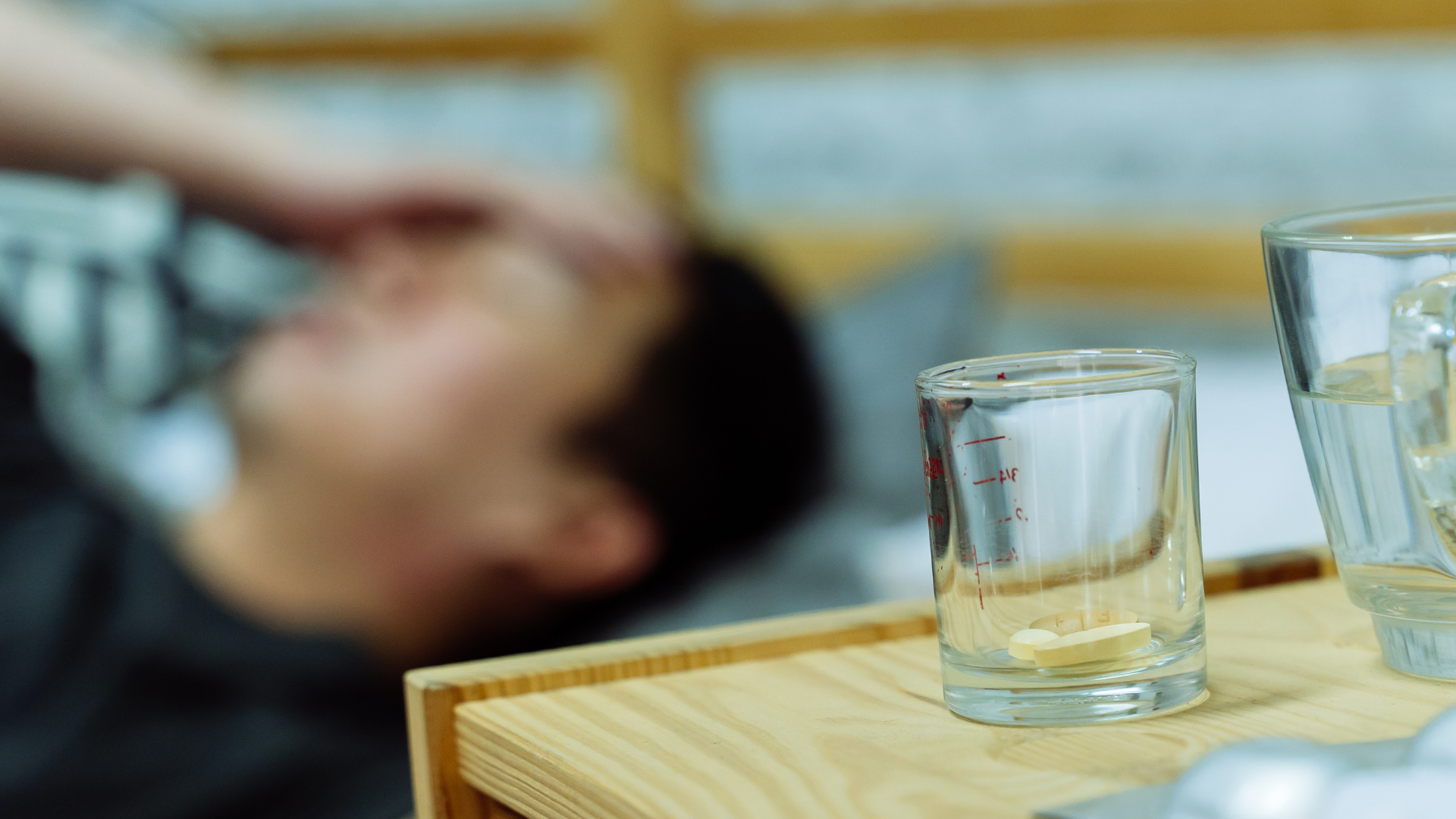
“It’s really like a very sharp and intense pain behind the eyes and it got so bad that I actually felt disoriented while walking.”
He suspected it was dengue right away as his father had gotten diagnosed with dengue the day before. “We live in a particularly badly affected area - Dakota Crescent. I was also quite sure it wasn’t COVID-19 because I had the same symptoms as my father and no respiratory issues.”
Like Huishan, dengue affected Charles’ sense of taste. “For about two weeks, I couldn’t stand the taste of coffee because it was intensely bitter and undrinkable to me. This was especially painful because I love my morning coffee.”
While his fever stopped after about 4 to5 days, Charles added that he’d still have bad body aches, especially around his lower back.
Typical dengue symptoms
Typically, dengue symptoms include the sudden onset of a fever lasting for 2 to 7 days, nausea or vomiting, rashes, joint and muscle pain, mild bleeding from the nose or gums, and headache with pain between the eyes.
Professor Leo Yee Sin, the Executive Director of the National Centre for Infectious Diseases (NCID), notes that dengue can be a life threatening condition, particularly in individuals with a weakened immune system.
individuals with a weakened immune system. ''
So if you experience dengue symptoms, it’s important that you see a doctor right away to get assessed and tested for dengue.
Diagnosis, recovery and the importance of early treatment
For Huishan, even though her initial blood tests confirmed that she had dengue fever, she had to have another blood test done to make sure her platelet levels were stable.
It took her about two weeks for her symptoms to fully disappear. “I was on Panadol and nausea medication (Motilium) and had to force myself to drink a lot of glucose water, as prescribed by the doctor.”
She also drank fresh coconut water, as it didn’t seem to trigger her nausea. Ice wrapped in a towel and pressed against her skin helped soothe the rash in the day, but she had to take antihistamines to be able to sleep better at night.
Napping as much as she could in the day made up for the loss of sleep at night when she had to puke or was itching too much to sleep.
“Seeking early treatment is important, so that your physician can help you monitor the course of your illness,” says Prof Leo.
You should also have adequate rest at home, monitor your own temperature, and hydrate well.
Taking precautions
For both Charles and Huishan, it is indeed a case of being (literally) “once bitten, twice shy”, and both are taking precautions more than ever now.
Says Huishan, “I try not to stay in places near drainage systems or tall grass for too long. I’ve also purchased lots of mosquito patches and I now sleep next to an ultrasonic mosquito repellent!”
Charles agrees, “I always carry mosquito repellant with me now.
“It’s a bit extra but I really don’t want to get dengue again.”
We use cookies to tailor your browsing experience. By continuing to use Gov.sg, you accept our use of cookies. To decline cookies at any time, you may adjust your browser settings. Find out more about your cookie preferences here .









